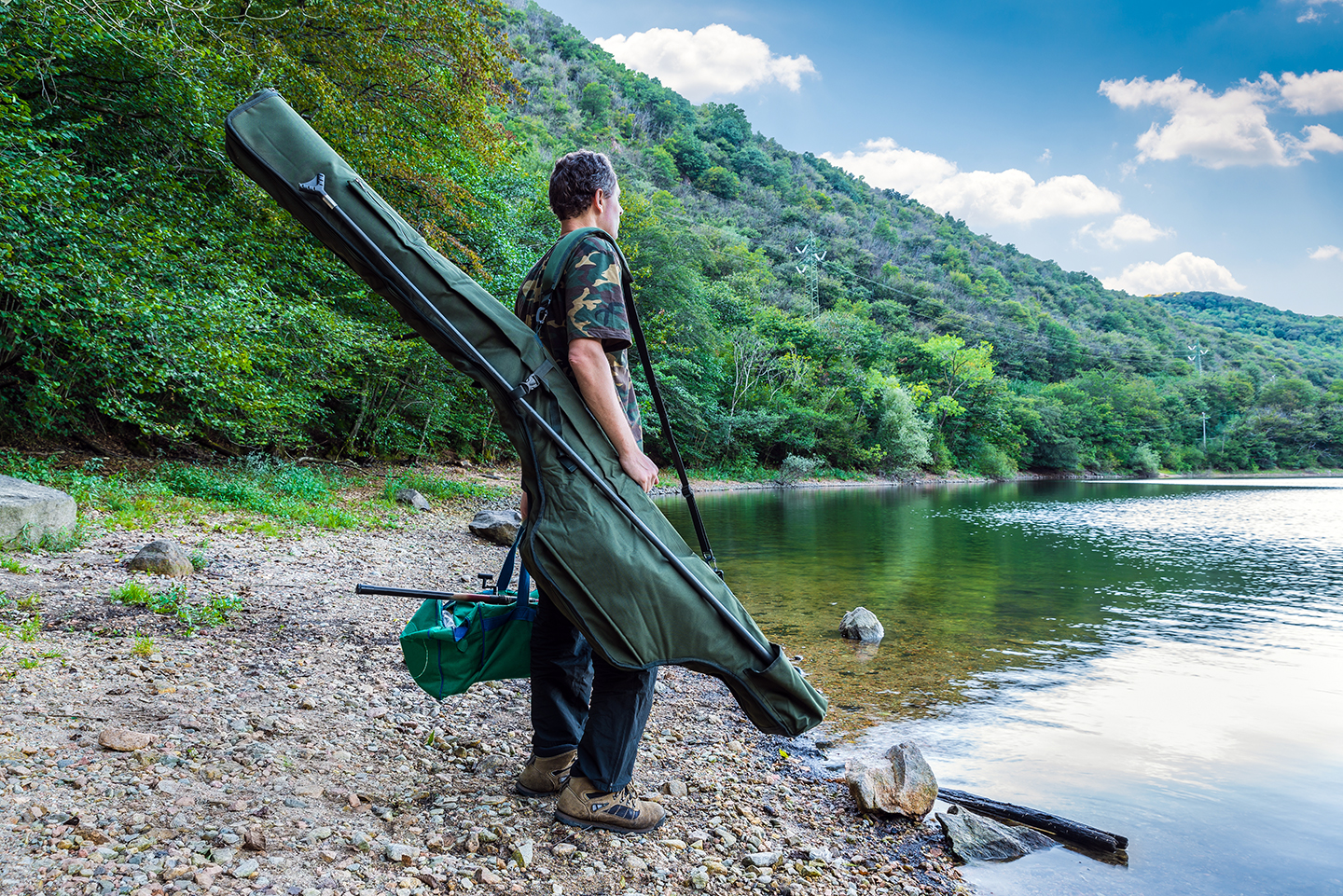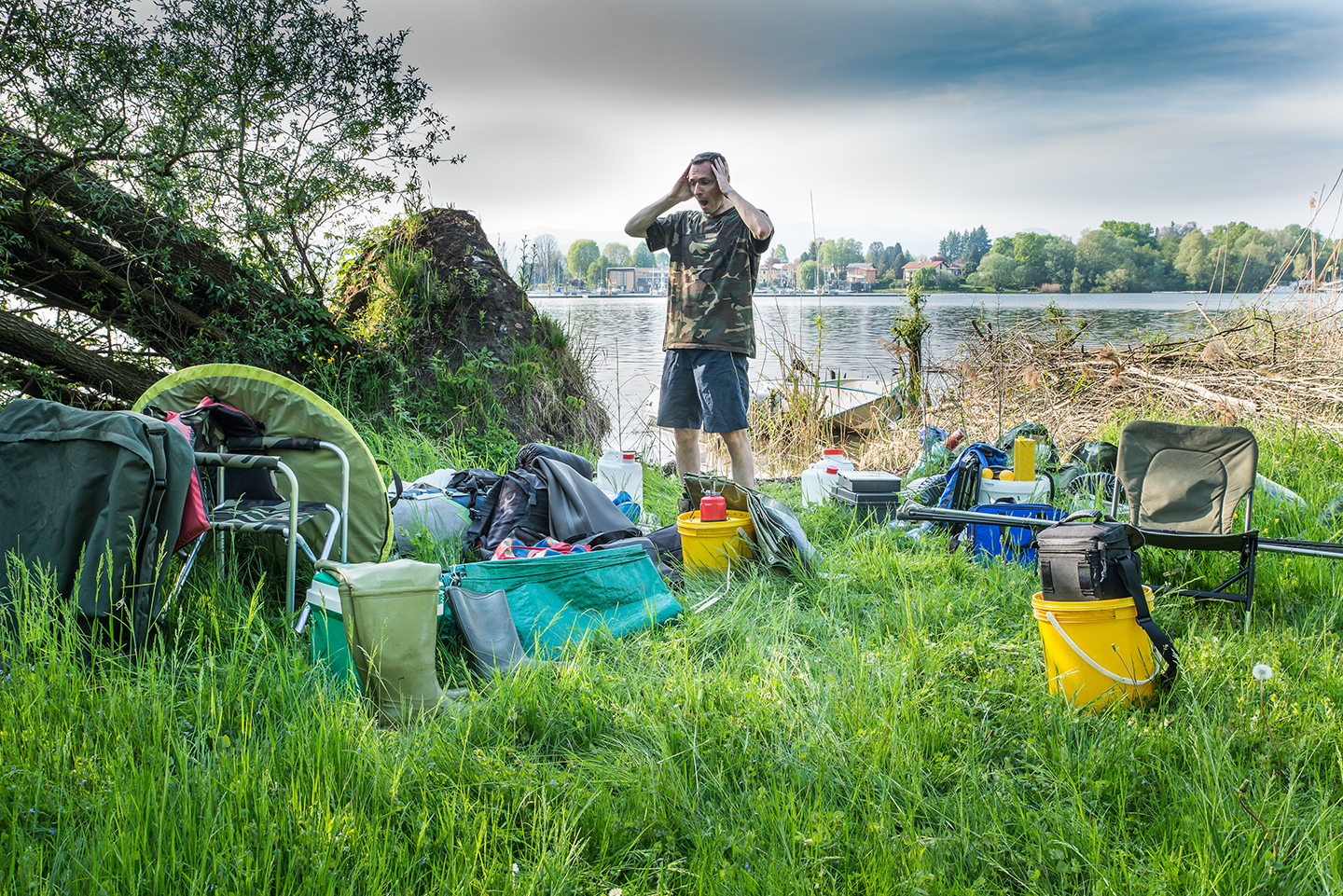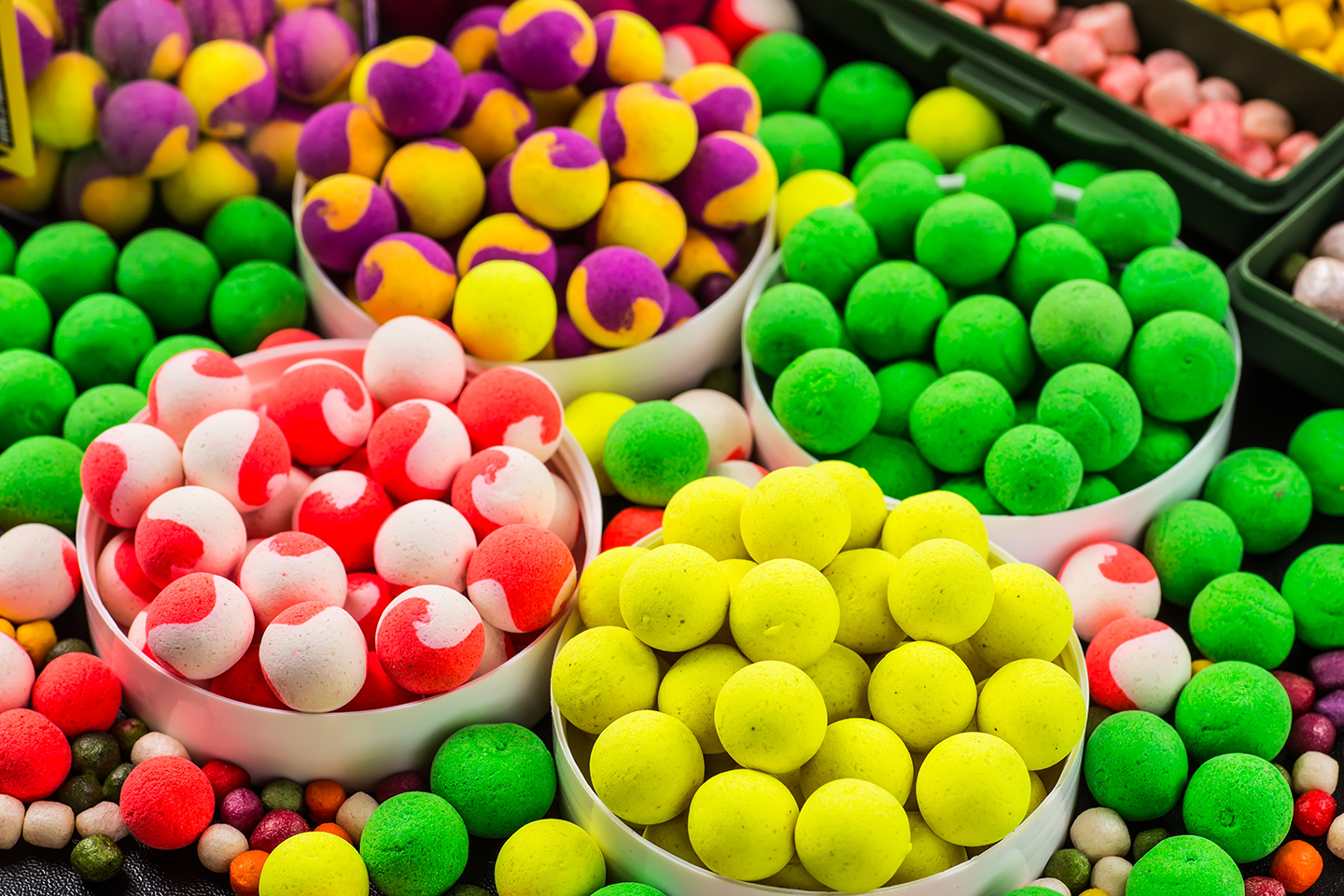Carp fishing in France is one of the most popular holidays for British anglers. Thousands of people make the trip across the channel every year in search of monster fish and unforgettable memories. If you’re one of them, you’re in for a treat.

There’s a lot to consider when fishing abroad. Where should you go? What time of year should you visit? What type of water do you want to fish in? On top of that, there are all the questions about what – and who – you should bring with you. Read on for the answers to all this and more.
Things to Consider When Planning a Carp Fishing Holiday
French Carp fishing holidays can be tailored to pretty much any taste. Because of that, you’ll have a much better time if you clearly define what you want to get out of your trip. With that in mind, here are a few questions you should ask yourself before you make your plans.
What are your fishing goals? Essentially, how serious are you about the fishing itself? Is this trip all about catching a monster, or do you just want peace and quiet with the occasional fish as a bonus? There are places tailored to every angler’s ambitions, so shop around for one that suits you.

How far can you go? France is a big country, and most of the motorways are toll roads. Tolls, fuel, and driving time can really add up if you’re heading to the south of France. Set a travel budget and decide how long you want to be driving for – it will help you narrow down your destinations.
What (and when) do you want to eat? Staying somewhere with half or full board lets you spend your time fishing, not cooking. However, mealtimes are usually fixed and only last an hour or so, so you’re less flexible. Self-catering will give you more freedom if you don’t mind making food.
Recent France Catches
Fresh fishing reports from anglers
Types of French Carp Fishing Venues
By now you should have a decent idea of what you want to get out of your trip. The next thing to decide is what kind of location or venue you want to fish on. French Carp fishing venues vary hugely, but you can generally break them down into one of three types.
Public Lakes

If your trip isn’t just about the fish, or you’re planning on a tight budget, this could be the perfect option. There are hundreds of public fishing lakes in France – most towns have a local lake and most lakes have Carp in them. They’re cheap, plentiful, and you can still find some top-notch angling.
The problem with fishing on a public lake is that it can be hard to get information on the local rules and stock levels. Getting a fishing permit is easy, but finding out where you should set up your rods can be more tricky. This isn’t a problem, as long as you have the time to walk around the lake and ask, but it can be time-consuming.
The good thing about public lakes is that you have plenty of options when it comes to accommodation. There’s often a campsite nearby, and because they’re usually near a town, it should also be easy to find a B&B or self-catered accommodation. Just be sure to book everything ahead of time if lodging is limited.
Private Venues

If you’re looking for the best fishing with none of the hassle, a private venue might be for you. These lakes are managed and maintained by local bailiffs to make sure the fish grow fat and happy. You can also find food, accommodation, and English-speaking staff at most private fishing venues.
Private fisheries aren’t for everyone, mind you. For one thing, you can be quite restricted in how and where you fish. In busy locations, you might be given a single swim at random for your entire trip. There may also be rules on the type of bait you can use.
Of course, every spot is different. If you shop around, you should be able to find one that suits you. And if what you’re after is a stress-free trip with all your meals sorted and a good chance of landing a monster, private venues are perfect.
Rivers

This is the opposite end of the scale to a private Carp fishing venue. This is the real outdoors. France is full of remote rivers and quiet canals where you can spend the whole day without seeing a soul. This style of fishing takes a lot more planning, but it can be well worth it for the adventurous carper.
The first thing to bear in mind is that you have to bring a lot more stuff. You’re unlikely to find a tackle shop nearby, and it may be quite a walk from the nearest car park, so think carefully about what you’ll need. On top of that, the riverbanks won’t be properly maintained, so finding a good spot to set up can be a bit tricky.
The thing that a lot of people love about Carp fishing in rivers is that the waters themselves are a lot more challenging. This isn’t some beginner’s runs water. The fish won’t still be nibbling on the last guy’s bait by the time you turn up. You need proper tactics and hard work to catch big fish. If you want to test your skills and earn each catch, this is the spot for you.
Types of French Carp Fishing Packages

In most private venues, there are a few different packages you can choose from. They range from the lap of luxury to bare-bones basic. They all have their pros and cons, and it really comes down to the type of trip you’re after. These are the most common packages you can choose from.
Lodges
This is about as luxurious as Carp fishing can get. It could be a log cabin, a chalet, or a large lodge house, but you can expect a comfy bed and a hot, private shower. You can find catered or self-catered lodges, depending on what you prefer. There are also lodges with private swimming pools if you really want that five-star carp fishing experience. The downside? They’re not cheap.
Drive and Survive

Drive and survive fishing is great because it’s simple and it works. You get a camping spot and a place on the lake – what else do you need? Bring your caravan or your bivvy and set up near the water. Crack out the camping stove for a hot meal at the end of the day, then bed down for a good night’s sleep and an early start. It’s no-thrills, but this is Carp fishing, not fly fishing.
Day Passes
Day passes are perfect for anglers who want a holiday in France with a few hours of world-class Carp fishing on the side. Not all private venues offer them, but a lot of the larger ones do. You can even find places that offer day passes with tackle included – perfect for an emergency fishing fix.
When to Go Carp Fishing in France

Most people go on French Carp fishing holidays in the middle of summer. This isn’t necessarily the best time to go, though. It depends on where you’re going, what kind of venue you’ll be fishing in, and what else you want to do while you’re there.
Public venues are split into two categories with different fishing seasons. Lakes and large rivers are usually “first category”, while streams and canals are generally “second category”. The season in first category waters runs from the second Saturday in March to the third Saturday in September. Second category waters are open for Carp year-round. These dates are subject to change so make sure you’re consulting French fishing authorities ahead of time.
Private lakes usually open from early April to late October and get very busy in the summer months. However, the fishing itself is solid all season long, so you can have a much better time by going in the spring or autumn. The further south you go, the further out of the summer you can fish without risking bad weather.
What to Take Carp Fishing in France

So, you’re pretty much ready for your Carp fishing adventure. There are just a few things you need to pick up first, and some potential tackle changes to take into account. However, don’t fall into the trap of loading the boot with everything but the kitchen sink – it will only weigh you down along the way.
Tackle
We won’t go into intricate detail on tackle setup because everyone likes to fish differently. However, you should bear in mind that French Carp grow bigger than they usually do in the UK. There can also be big Catfish swimming around with them. With that in mind, you’ll want a beefier pole than you might be used to – a 3lb test curve rod is a minimum.
On top of that, French lakes are bigger than most venues in the UK. You may need to cast well over 100 yards. Bringing big pit reels and practicing long casts before you go will give you much more success on the lake. This bigger tackle isn’t a must, but you’ll need to tweak your tactics if you bring anything smaller.
Bait

Bait can weigh a lot, especially if there are a few of you fishing. You can save on weight by bringing shelf life bait bollies instead of frozen bait. If you’re not a fan of shelf life bait, drying out your frozen bait before the trip can really reduce your fuel costs, especially if you’re driving a long way.
Of course, there’s another, much simpler option available if you’re going to a private venue: fish somewhere that stocks their own bait. Not only will this save on space, it will often be custom-mixed to match the venue’s waters and plant life.
French Driving Kit
If you haven’t driven in France before, there are a few things you need to pick up. First of all, you need a UK sticker and headlight deflectors for your car. It’s also a legal requirement to carry hazard triangles, hi-vis jackets, and a first aid kit, as well as two in-date disposable breathalysers.
On top of all that, you should make sure your insurance and breakdown cover are valid in France. At the moment, you don’t need a special licence to drive in France.
French Fishing Permit

This one is pretty obvious: If you’re fishing in public water, you need a fishing permit (“carte de pêche”). You can buy one online, or from local tackle shops and tobacconists. French fishing permits are valid for either a day (“carte journalière”), a week (“carte hebdomadaire”), or a year (“carte personne majeure”). There are also discounted permits available for women and children.
It’s important to note that most permits are only valid for one “department”, which may limit you to a single river or lake. If you want to go on a country-wide Carp fishing tour, you need a “carte interfédérale”, which is only available as an annual permit.
Carp Fishing in France: the Perfect Holiday?

France really is a dream carping destination. The weather is great, the countryside is beautiful, and the fish are big and wily. We’ve put together all the tips we can think of, but there’s so much variety between different fishing spots that the only way to really learn is to get out there and catch some Carp!
What’s your favourite French fishing spot? Is there a venue you’ve always wanted the visit? Let us know in the comments below, we would love to hear from you!


